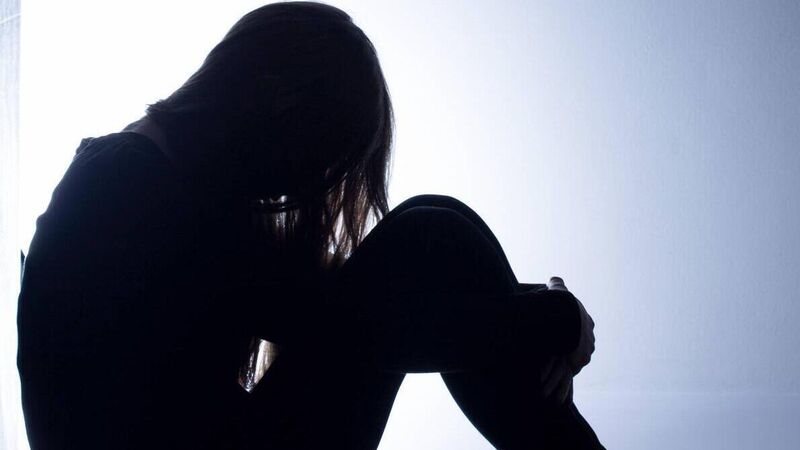Laws 'must state no children will be admitted to adult mental health facilities'

Mental Health Reform members also stressed the need for age-appropriate facilities for young people. File photo
Proposed changes to mental health laws must explicitly state that no child or young person shall be admitted to an adult inpatient unit, an Oireachtas Committee has heard.
Mental Health Reform told the Sub-Committee on Mental Health that proposed changes were to be broadly welcomed but that there were still gaps that needed to be specifically addressed.












